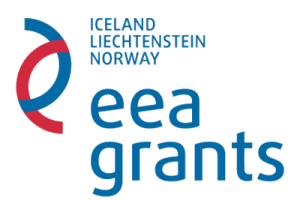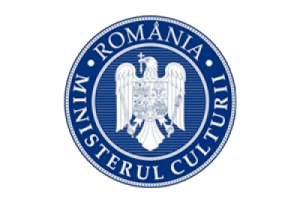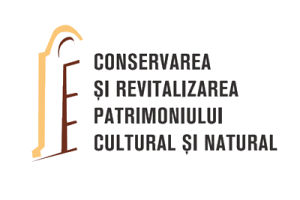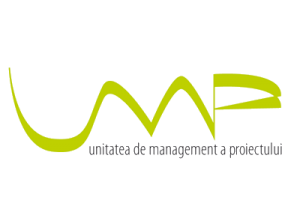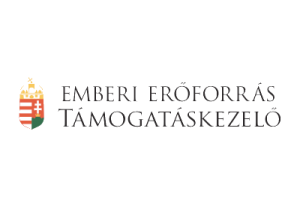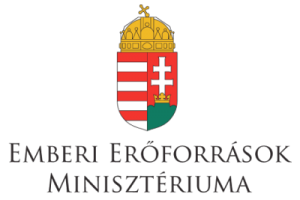PONT Group organized the first conference and public meeting on the project Castle in Transylvania – strategies and development models on the 17th of August 2015 at Sapientia University in Cluj-Napoca. PONT Group aims through this event to launch a series of debates, discussions that bring added value to the individual and collective activities related to the castles of Transylvania and start an intersectoral collaborative process. The conference was attended by more than 70 owners of castles, castle administrators, experts and civilians.
Organizers have already announced the date of the next conference to be held on the 11th of December 2015.
“PONT Group is not an organization specialized in cultural heritage or restoration. It is not an organization that promotes tourism, it does not deal with digitization or restoration; in all the areas mentioned there are specialized organizations in Transylvania, in Romania, and they can give us experts in these fields. Our team considers the situation of Transylvanian castles as a historical-cultural, economic, touristic and social development, and we believe that through an approach that extends across these branches, sectors and areas we can together achieve the goal of offering help in finding sustainable solutions regarding the future of these castles. “- opened the conference András Farkas, founder of PONT Group.
Csilla Hegedüs, Executive Vice President for culture of DAHR and former Minister of Culture encouraged us to be bold regarding the restoration of castles. “We should not be afraid to implement innovative solutions in the operation of monuments, because our task is exactly that which we employ, meaning a legacy of values to our children, creating jobs, and because of the quality of the community concerned, this issue amplifies the feeling of national solidarity. We faced much criticism on the Electric Castle festival organized at Bánffy castle. There were many concerns about the state of the castle that could reach a state similar to that in the ’90s: it will collapse. Today over 120 thousand young people between 19 and 30 years old are talking about the origins of the Transylvanian Hungarian castle, which welcomes everybody with open doors – what could be this phenomenon if not exploiting our values and heritage? “
Farkas Bánffy approached the discussion from the point of view of the heir: as said, there are some private parts of the castles, places where people always lived, and this should not change even today, we do not necessarily have to open each castle to the public. Recounting his childhood, he recalled: “Discussions about the sustainability of castles were already on the topic in that period. Our family is grateful for the work of the civil society. “
“Seven years ago my wife and I bought the Daniel castle in Tălişoara which was a decision that I have not even regretted for a second. The renovation of the castle was a great experience, but the real challenge is to attract tourists to a hidden village. Tourism and marketing experts can help us in this, for example. “- told Attila Rácz, owner of the castle Daniel in Tălişoara.
At the conference 8 experts spoke about cultural preservation in six different views.
Dr. Dorottya Makay, expert in protection of built cultural heritage: Monument restoration and preservation
Dr. Attila Weisz, Lecturer – University of Art and Design Cluj-Napoca; Dr. Bea Bordás, art historian: The modern cult of castles
Dr. Endre Kentelky, lecturer – Sapientia University, Faculty of Technical and Humanitan Sciences, Targu Mures – Department of Horticulture and Landscape; Imola Henning, Assistant Professor – Sapientia University, Faculty of Technical and Humanitan Sciences, Targu Mures – Department of Horticulture and Landscape: The revitalization of castle gardens
Szabolcs Boda, economist, Transilvania Vie Association: Castle and tourism
Szabolcs Ilyés, economist, RegioConsult: Rural development
Dr. Emőd Veress, lecturer, Sapientia University, Faculty of Law: Castles in the labyrinths of law
During the group discussions participants talked about concrete issues and together with the experts they tried to find solutions to these problems.
The project has three very important goals and in order to achieve them we need to know the problems of the castle owners and managers:
· develop a strategic profile of the castles and manors in Transylvania, creating a medium-term strategy, key elements of success and key initiatives,
· creating a modular methodology based on well-established criteria and indicators, which will be available to any castle owner or manager and on which they can subsequently develop operational plans for economic recovery and / or social marketing in a sustainable way,
· creating a network of experts from fields that are related to the marketing of castles (legal, architectural, marketing, design, local and regional development, management, private, public and community resources, interior decorating, gardening and landscaping parks, etc.) .
In the following members of PONT Group will visit 300 castles and manor houses to assess their current situation and to create their profile. Besides, PONT Group will work on enlarging the network of experts and will elaborate the modular methodology as it will be presented and debated at the conference in December.
The conference was held in both Romanian and Hungarian.
The conference was organized as part of the sixth edition of the Hungarian Cultural Days of Cluj.
The Castle in Transylvania – strategies and development models project is supported by funds from Iceland, Liechtenstein and Norway trough the Minisrty of Culture – Project Management Unit in the cadre of “Conservation and Revitalization of the Cultural and Natural Patrimony” – financed trough SEE 2009–2014 Financiar Mechanism with an amount of 235.107,43 RON.


